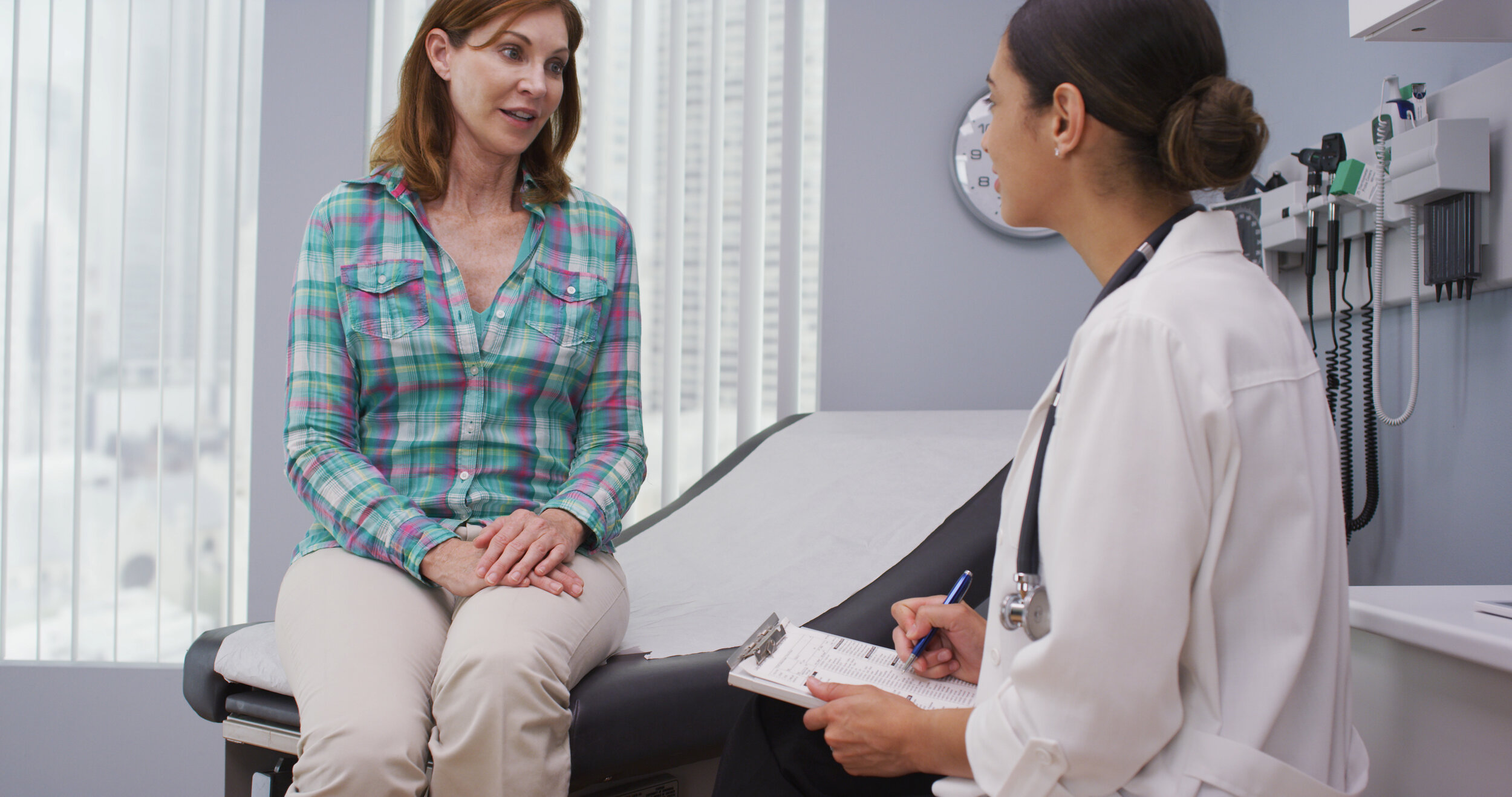Lately, I have been discovering that I have a few soapboxes. I’m not sure they are hills I would die on, but they are things I feel strongly about.
The one I’ve had for a while is patient-provider communications.
*Steps onto soapbox.*
Even if we had a positively Utopian healthcare system, if patients are not empowered to share their healthcare goals and enabled in the decision-making process, we are never going to have the best care we can get. The surface of this issue has been scratched, but only just. Right now, treatment of the whole person is rare – in the grand treatment plan, we, as people, barely matter.
The problem is, when patients go to a new provider, the relationship starts off inherently unequal. Most of the time, both the patient and the provider view the provider as the authority, tipping the balance of power in favor of the provider. This is both a cultural and educational issue. Cultural because from a young age, we know that being a provider is something to aspire to. They go to school for a long time, so we assume that they know more than we do, and we know at least most physicians make a lot of money, so we often perceive them as socio-economically better than we are. Educationally, the new crop of providers is taught by the old providers, who were taught by the generation before them. Back then, there was no acknowledgment that communication was a specific skill that could facilitate good care.
Without the free flow of information back AND forth between patient and provider, treatment is hamstrung. Let’s say you are doing everything you are prescribed to do (meds, nutrition, exercise), but your medical condition doesn’t reflect all your hard work. What if your pet is sick, but you don’t think it’s relevant, so the provider doesn’t know you have a huge stressor that could be affecting your care and therefore doesn’t make suggestions to alleviate it, or the proper adjustments to the treatment regimen to accommodate it. The patient needs to understand that the information they have about their lives is relevant, and the provider needs to acknowledge that outcomes are more favorable when it’s not all lab tests and prescriptions.
This is not going to look the same for everyone. It may even change over the course of a single course of treatment. Often, as a patient learns about how their condition works and how it feels in their body, they want more of a say. Or maybe healthier patients prefer the provider to remain the dominant voice. Or older patients, who grew up in the system where the provider is the authority.
It’s going to take all of us to get there. It’s going to take a while. And it’s not going to be easy. Educational institutions will have to make room for a few softer skills in their curricula. Providers will have to learn how to broaden the questions they ask and try not to be judgmental if patients aren’t following their instructions (that situation is a perfect time to ask why, what’s standing in the way). And patients are going to have to learn to think of the information they have – about their lives, about what’s been going on with their conditions since the last appointment, about the things that are hard or that they don’t want to admit – as just as valuable as the scientific information held by the provider.
It will be worth it. I’m lucky that I came to this early in my diseases. Not early enough to spare me complications, but early enough to course-correct and to find stability. I can’t effectively express the difference it makes in how it makes me feel - like I do not have to live at the whims of medical fate. And that’s a gift, one that I want for all patients.
*Steps down from soapbox.*

